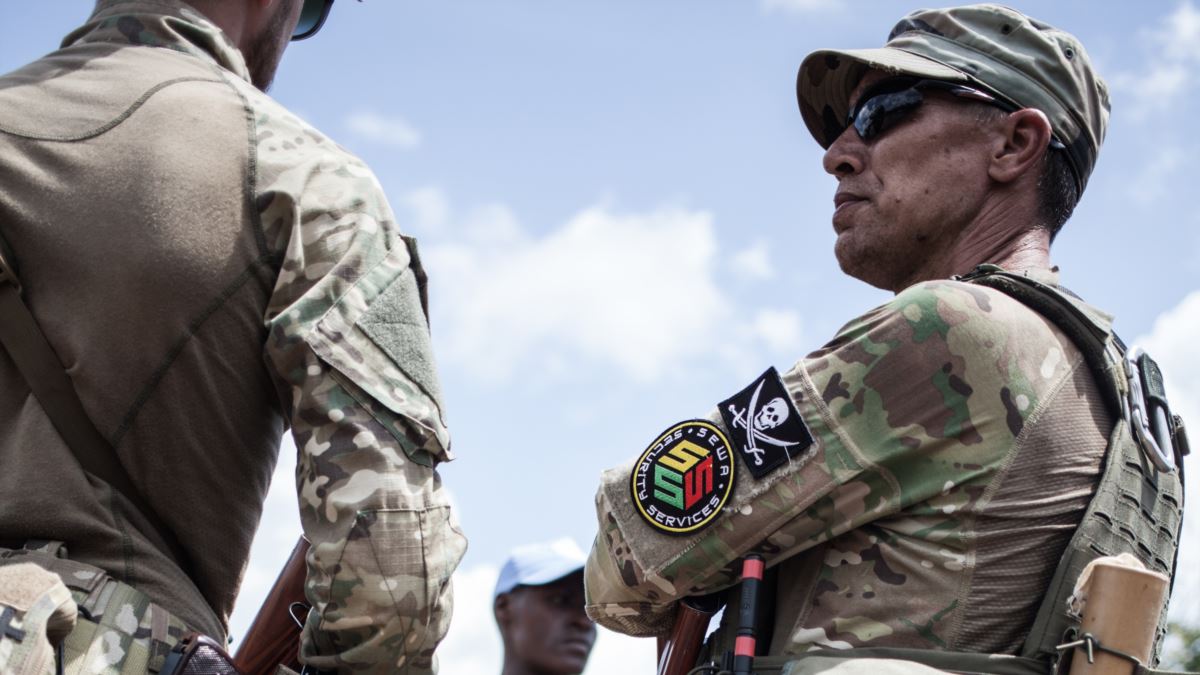
Russia has informed the United Nations that it plans to withdraw 300 “military instructors” sent to the Central African Republic (C.A.R.) in the run-up to presidential and legislative elections.
Russia told the United Nations about its plans this week in a letter to the Security Council committee monitoring sanctions against the C.A.R., news agency reports said on January 15.
“The Russians have informed the UN that they will withdraw the troops and helicopters,” a diplomat quoted by AFP said on condition of anonymity.
Russia informed the UN of the withdrawal before attacks that took place on January 13 on the outskirts of the capital, Bangui, raising questions about whether Moscow will confirm the departure in light of those latest events.
The Security Council has scheduled a meeting to discuss the situation on January 21.
Prior to the elections Russia denied the assertion of C.A.R. officials that Russia had sent regular forces. But last month it acknowledged the deployment of at least 300 “military instructors.”
Russia’s Foreign Ministry said the instructors were sent at the request of the C.A.R.’s government. The objective was to “help” the C.A.R. “strengthen its defensive capacities” in the run-up to the elections, Russian authorities said at the time.
Violence continues unabated in C.A.R., and in the past few weeks tens of thousands have fled to Cameroon, Congo, and other neighboring countries, the United Nations refugee agency said.
After the announcement on January 4 that President Faustin-Archange Touadera had won reelection, the rebel coalition threatened to take the capital. The rebels had taken towns in other parts of the country before the elections.
In the most recent violence, rebels on February 15 killed a UN peacekeeper and injured two others near the town of Grimari, northeast of Bangui.
Based on reporting by AFP, AP, and Reuters
This post was originally published on Radio Free.

